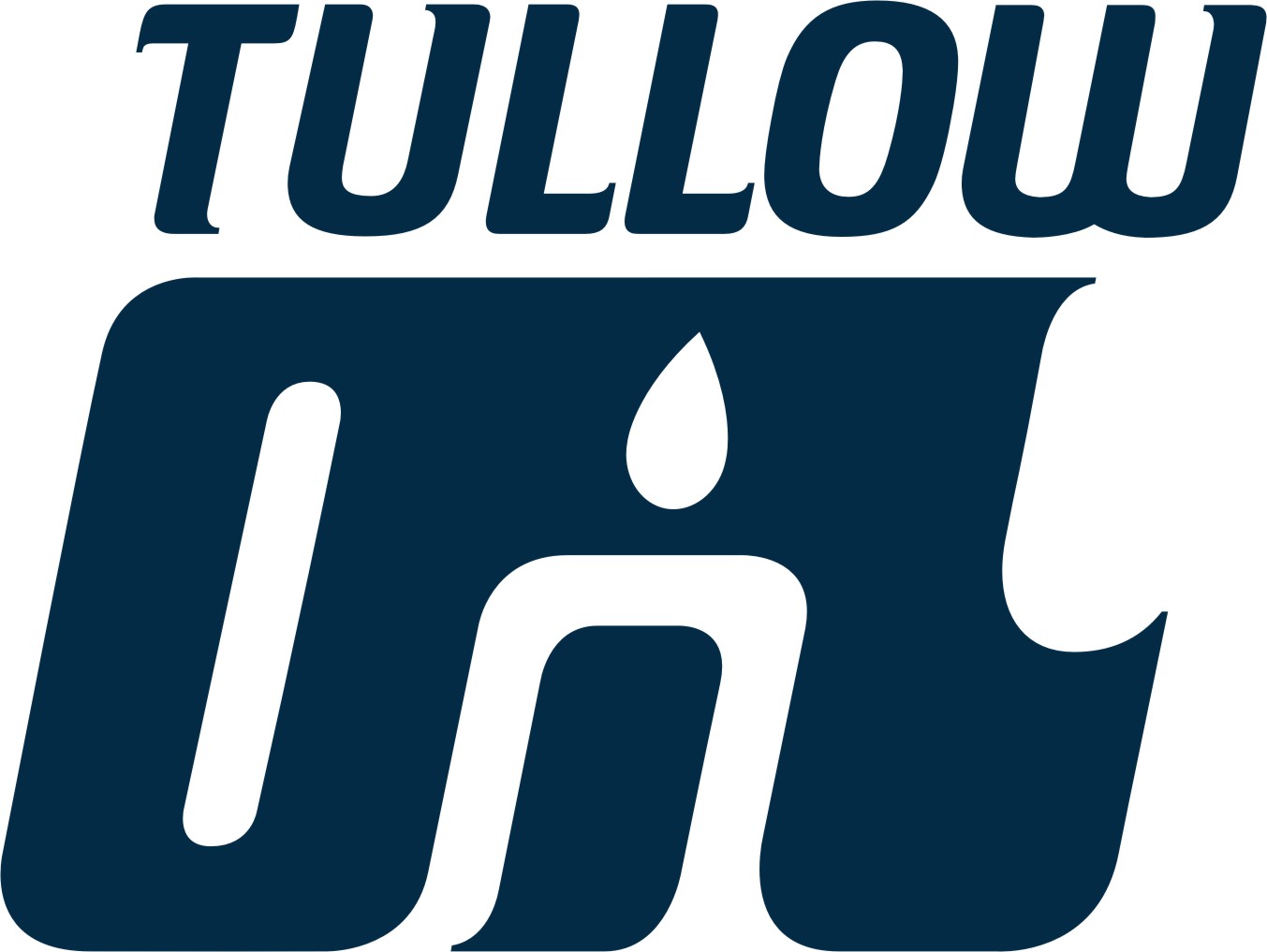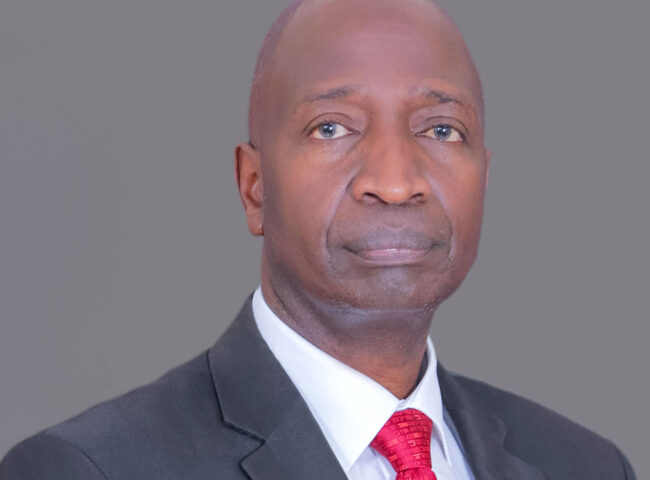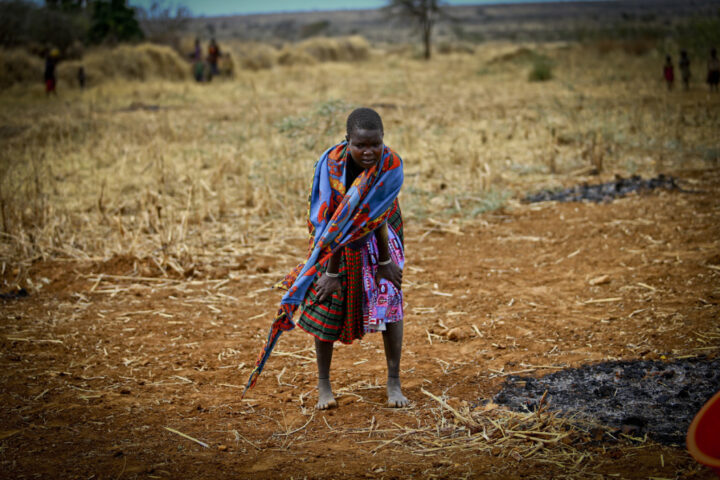Parliament of Uganda yesterday had arguably one of the hottest sessions in recent times. The Oil Debate as it is being called has come full circle.
So let us say a couple of things about the implications of parliament’s kicking the can down the road.
Firstly, Mps are keen to be relevant in the oil and gas sector. The Executive has so far kept them at arms length. The two committees in charge, that of Natural Resources and that on the National Economy have mainly been cheerleaders to the processes in the oil industry. Now buoyed by the politics of the election this year, Mps are wielding a large axe and want a sit at the table.
From what I understand they are demanding a stay of all oil transactions and a review of past agreements. These appear legitimate concerns especially considering the allegations of graft in the sector but it’s likely to complicate the present pace of things in the oil sector. I doubt a stay will be achieved but am confident that the days of Parliament being kept at the door are over. It also means that we will see liberalization in the management of the oil sector, from a small band of professionals to public institutions. Its likely that the government response in the short run will be to throw parliament a bone, bring in some bills for it to consider and fight the so-called Judge led commission of inquiry. Those are my predictions.
What has been missing from the current public lynching in Parliament is the politics of it. The recall petition that succeeded yesterday was historical. The fact that NRM Mps comprised the majority too is even more significant. Since 2006, when independents emerged on the scene, the NRM as a party has had a rough time controlling them. This time it’s a full-scale rebellion, maybe the most significant development (away from the sexiness of the revelations about who got how many millions from oil, claims I cannot vouch for). And so the real import of the oil debate is how the NRM as a party will bring its caucus to heel if at all. Will there ever be a return to the days of cohesion even 4 years ago? How will the Speaker (she accused one of the members of the front bench of plotting her downfall) preside over proposed constitutional amendments including one to abolish bail?
This I believe is the main event with far reaching implications to the process of political transition, which the NRM and its opponents are grappling with. A bit of a cautionary note here as well. Even if the public find Parliament an ally for pushing the envelop on transparency in this important sector, the House can still be co-opted once its mainly “political” interests are satisfied. Since I believe it is not their interest in transparency per se that is driving parliament, I can only suspect that down the road this alliance will falter.
The oil industry will likely measure this by way of the political risk implications. Thus far I think the developments are good for the oil companies. Moving toward more institutionalization offers them legal protections and inoculates them from the arbitrariness in dealing with connected individuals even if this tends to move things forward more rapidly.
That said the oil debate was truly entertaining. I caught Gerald Karuhanga, the Youth Mp for Western Uganda, naming names and bank accounts and it was great reality TV. Barnabas Tinkasimire stood up and said the young man had “stamina”. Someone mentioned that Hon. Sam Kutesa who was in the eye of the storm was once assaulted by the House and censured by another Youth Mp from the West, one Okwir Rwabwoni.
This event perhaps equals the debate in the same room in Feb 1966 when Daudi Ochieng ( above with his friend the late Kabaka Edward Mutesa) moved to have Prime Minister Milton Obote and his army chief Col Idi Amin Dada investigated for corrupt dealings in gold and ivory. Ironically yesterday as Parliament debated oil was also the day of the annual Milton Obote Memorial Lecture. One of my newsroom colleagues wondered if natural resources are the bane of Uganda’s governments. Well the jury is still out, isn’t it?
Finally, my name is officially in the Parliamentary Hansard after being mentioned in relation to the case I brought in 2007 to pry open the oil sector. As far as birthdays go, mine yesterday was satisfying.










